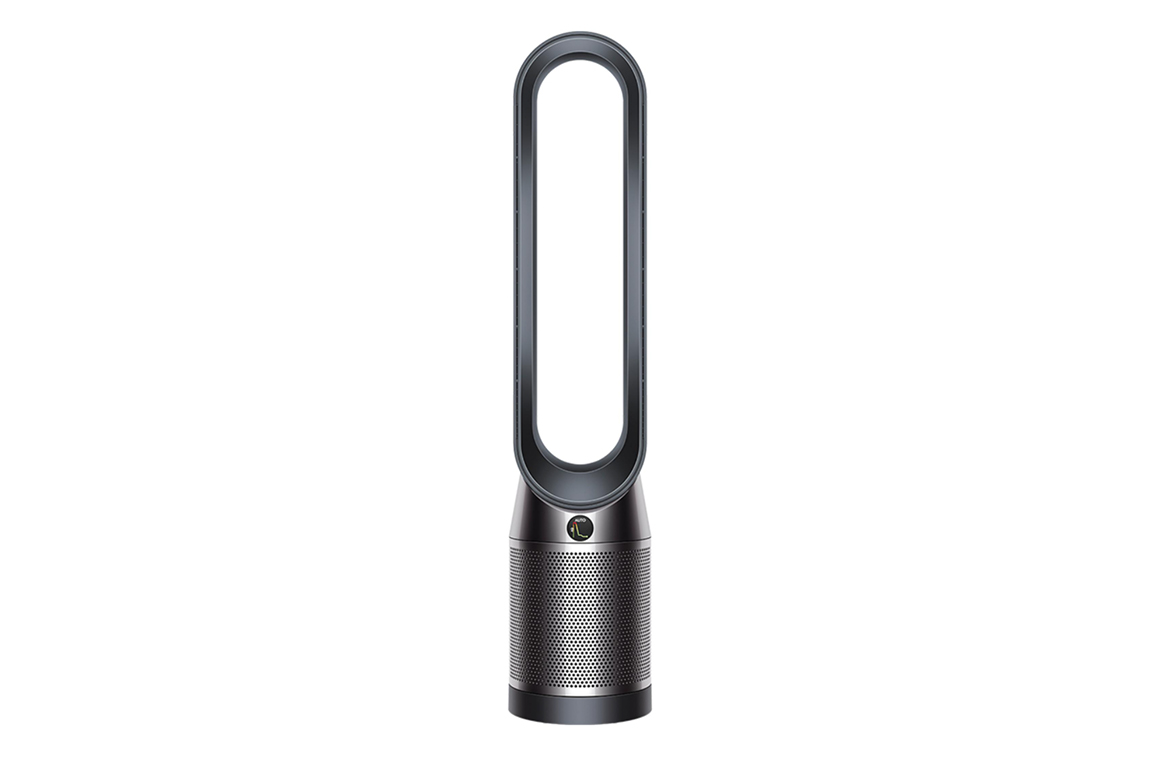You’re Not Imagining It: Allergy Season Is Longer and More Severe—Here’s How To Deal
"Plants breathe in carbon dioxide, and carbon dioxide levels are increasing on Earth as a side effect of [climate change]," says Dr. Parikh. "It's like the plants are on steroids, with mega-pollinator plants producing more pollen and for longer periods of time."
This also means that different areas are experiencing allergies like they never have before. "Certain areas with fewer seasonal allergens, like Buffalo, New York, where it's much colder, are becoming places that have the worst allergies in the country," says Dr. Parikh.
- Purvi Parikh, MD, allergist with the Allergy & Asthma Network
- Rachelle Robinett, registered herbalist, educator, and founder of Supernatural
Seasonal allergies are so intense that you may find that the medicines you've relied on for years no longer helps with your symptoms. Luckily, you have options.
Climate change means allergies are worse this year, and will keep getting worse—here's what to do
1. Get an allergy test
If you're not sure what's triggering your seasonal allergies, Dr. Parikh says going to an immunologist can help you pinpoint what you're allergic to and create a more targeted and effective treatment regimen.
"It's good, if you suffer from allergies in general, to see a board-certified allergist and be tested," she says. "Different pollens are in the air at different times of the year. Also, you might be someone who's allergic to indoor things as well as outdoor, so in order to know when you need to be prepared, it's a good idea to get tested. Because then you'll know what your triggers are, and what to do about them."

{{post.sponsorText}}
2. Start your allergy medications early
Depending on when your allergies hit it may be too late for this, but starting your allergy meds before you're symptomatic is helpful, explains Dr. Parikh. "If you know you're prone at a certain time of the year, start all of your preventative medicines early," she says. "I have all my patients start any medicines they need for their allergies or asthma in March, early on so that way when the season hits, it's not as bad for them."
3. Invest in an air purifier
Shop now: Dyson Pure Cool Purifying Fan, $570 on sale for $450
If you already have a hard time with seasonal allergies, you don't want to also be dealing with indoor allergens. Research has shown that air purifiers with HEPA filters can help remove indoor allergens like mold spores and animal dander in addition to pollen. Dr. Parikh stresses that pollen is very small. Your air purifier likely won't remove all of the pollen in the air, but it can help. The best thing you can do is source an air purifier with a HEPA filter, she says. Pictured above is the highly effective Dyson Pure Cool Purifying Fan, which is currently on sale for $450.
4. Keep your windows closed
As much as you love to feel that warm spring breeze, all it's doing is blowing pollen into your home. Dr. Parikh says the best way to keep pollen out is to just keep the windows closed.
5. Wear your face mask
The masks we wear to protect ourselves and others from COVID-19 are also great at keeping pollen out of your respiratory system. "We found that the masks that everyone is wearing for coronavirus are actually helping with pollen allergies too because it's blocking the pollen from going into your nose and mouth," says Dr. Parikh.
6. Brew a pot of nettle tea
Dr. Parikh says drinking nettle tea can help some people with their allergy symptoms but not others. "We don't have good data to show it's actually doing something or if it's just kind of chance or a placebo effect," says Dr. Parikh. "It's great to use it if it's helping you feel better, but don't rely on just that, especially if you're having more serious symptoms like breathing problems and whatnot."
Learn how to make nettle tea for allergies:
7. Drink coffee
Coffee can also be great for helping with allergy symptoms in addition to allergy medication.
“Caffeine helps with sleepiness as we all know, but it can also help with congestion,” says Dr. Parikh. “With allergies, you get inflammation and congestion of your blood vessels, and then you get inflammation in your nose, too, because basically your nose is blocked up from the allergic reaction. And the same thing happens in your head. You’re basically feeling the congestion in your sinuses, in your head, and that can make people feel tired and fatigued.”
Here's how to make boosted coffee for optimal energy:
8. Undergo immunotherapy
Immunotherapy involves the gradual desensitization to your triggers that in time can leave people allergy-free through a series of shots spread out over a few years. This won't make a difference this allergy season, but Dr. Parikh says if you start now, next allergy season will be much more tolerable. Consult an allergist to see if this is a good fit for you.
Oh hi! You look like someone who loves free workouts, discounts for cult-fave wellness brands, and exclusive Well+Good content. Sign up for Well+, our online community of wellness insiders, and unlock your rewards instantly.
Loading More Posts...
